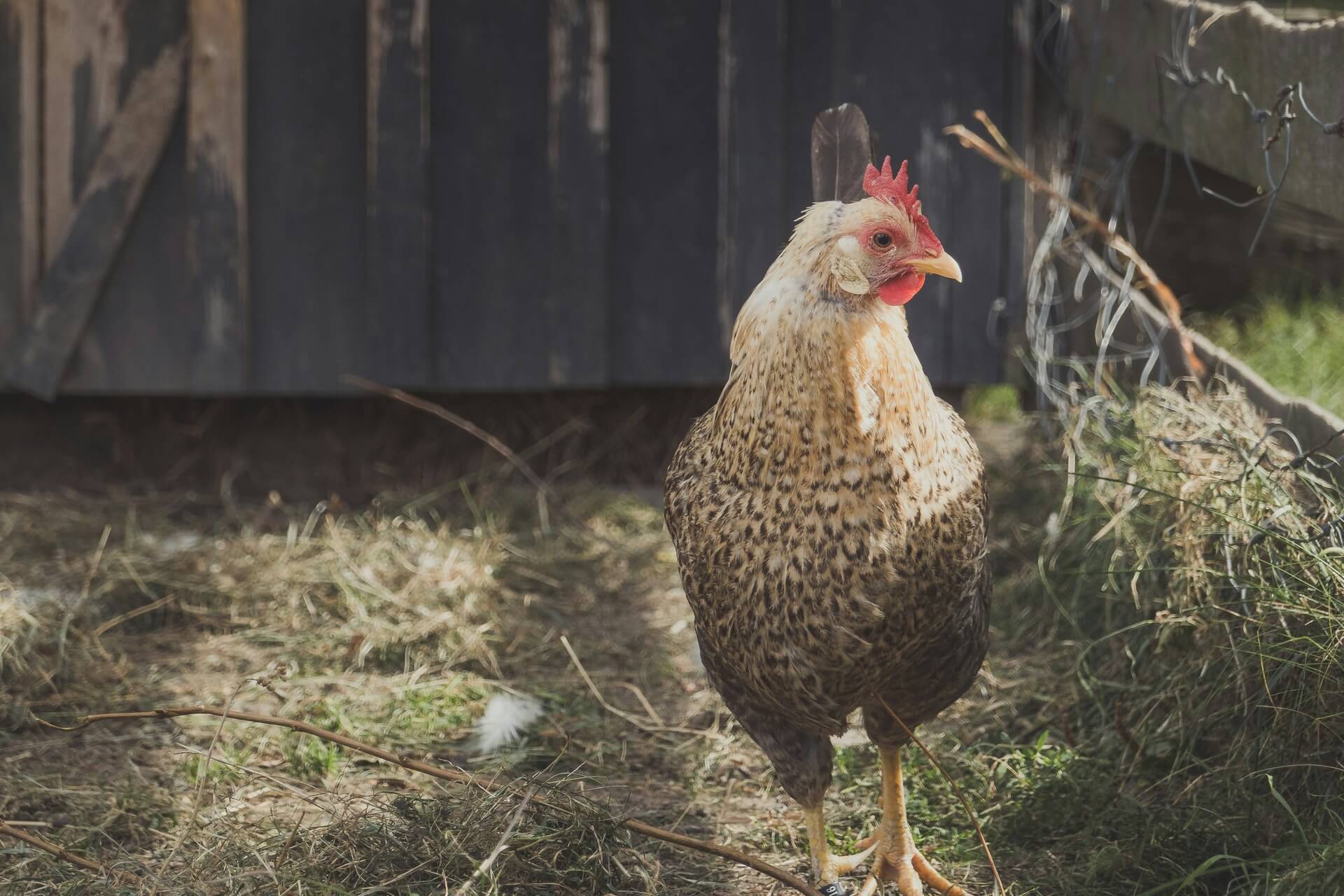
11 Things To Know About Before Getting Chickens as Pets
We are reader-supported. When you buy through links on our site, we may earn affiliate commission.
Backyard chickens have grown in popularity, especially among those who value sustainable living and eco-friendly practices. Aside from providing fresh eggs, these feathered creatures offer companionship and a way to reduce one’s carbon footprint. However, it’s essential to understand that keeping chickens requires a significant commitment — it’s more than just setting up a coop and tossing out feed. For those considering getting chickens as pets for the first time, here are 11 specific things to know about to ensure a positive and rewarding experience.
1. Local Laws and Regulations
Before bringing chickens into a backyard, becoming familiar with local ordinances and zoning laws is crucial. Many cities have specific regulations regarding the number of chickens you can keep, whether roosters are allowed and how far the coop must be from property lines. Some areas might even require a permit. Researching these rules in advance can prevent potential fines or the need to rehome chickens.
2. Noise and Neighborhood Considerations
One often overlooked aspect of keeping chickens is the noise they can generate, particularly with roosters known for their loud crowing. Even hens — while generally quieter — can be vocal when laying eggs or communicating with one another. This noise can become a concern in suburban or urban settings where neighbors are in close proximity.
It’s important to consider whether the noise level will be acceptable to those living nearby and to check if the community has any restrictions on noise. Being mindful of this factor can help maintain good relationships with neighbors and ensure a peaceful environment for both the chickens and the household.
3. Breed Selection
Chickens come in various breeds, each with its own temperament, egg-laying capacity and adaptability to different climates. First-time owners should carefully select a breed that aligns with their goals and living environment. For instance, those seeking high egg production might opt for breeds like Rhode Island Reds or Leghorns. Alternatively, breeds such as Silkies or Sussex are known for their friendly, docile nature, making them ideal for those looking for pets with a gentle disposition.
4. Coop Investment
A well-designed coop is vital for keeping chickens safe, comfortable and healthy. This sanctuary should protect from weather and predators while offering ample space for movement.
A general guideline is to allow at least three to four square feet for every chicken inside the coop — given that there is outdoor space — and eight to 10 square feet per chicken if an outdoor chicken run isn’t available. Additionally, proper ventilation is necessary to prevent respiratory issues, and the coop should have secure doors and latches to keep out predators.
5. Chicken Nutrition
A balanced diet is key to maintaining a healthy flock. Chickens require a mix of grains, proteins and calcium to thrive. Commercial chicken feed is formulated to meet these nutritional needs, but if you supplement their diet with kitchen scraps, insects and garden weeds can provide additional nutrients.
Fresh water should always be available, and a calcium supplement — such as crushed oyster shells — can help ensure strong eggshells. Certain foods — like raw beans, green potato peels and chocolate — should be avoided as these can be harmful to chickens.
6. Routine Care and Maintenance
Chickens require consistent daily care, which includes feeding, providing fresh water and collecting eggs. Regular coop maintenance is also necessary to prevent the buildup of harmful substances like ammonia. Soiled areas and bedding should be changed every week. Chickens should also be regularly checked for signs of illness, parasites or injuries and veterinary advice should be sought as needed.
7. Predator Protection
Chickens are vulnerable to many predators, including raccoons, opossums, foxes, owls, hawks and even dogs. To protect the flock, ensure the coop and run are secure. Chicken owners should use predator-proof materials like hardware cloth, which should be buried a few inches underground to prevent predators who dig from gaining access. For those who allow their feathered friends to free-range, close supervision is necessary to prevent predator attacks.
8. Egg Collection and Storage
One of the primary benefits of chickens is having access to fresh eggs. Eggs should be collected daily to maintain cleanliness and prevent them from being broken or eaten by the chickens. After collection, eggs should be stored in a cool, dry place — either on the counter if they are unwashed or in the refrigerator. While fresh eggs can last three to five weeks in the fridge, they are best consumed within a week or two for optimal taste and quality.
9. Chicken Handling
Chickens are naturally cautious around humans, especially when they are not accustomed to being handled. To build trust with the flock requires patience and gentle interaction from an early age. Consistent time spent near the chickens and speaking softly can help them become more comfortable with human presence. Over time, these creatures can become more accustomed to being handled, which makes it easier to monitor their health and enjoy their company.
10. Seasonal Care Planning
Seasonal changes can present challenges for chicken care. During the summer, it is essential to keep them cool by providing shade and ensuring they have plenty of water. In winter, extra insulation in the coop is necessary to keep them warm, and access to unfrozen water is crucial. Some breeds are better suited to cold climates, so selecting a breed that matches the local climate can help ensure their well-being throughout the year.
11. Long-Term Commitment
Chickens can live up to 10 years on average, making them a long-term commitment. Although their egg production may decline as they age, they will still require daily care and attention. Prospective owners should be prepared for the time, effort and resources needed to care for chickens properly over the long term. Understanding this commitment before they arrive ensures their continued health and happiness.
Deciding on Chickens as Pets
Keeping chickens as pets can be a rewarding experience, offering fresh eggs and the satisfaction of a sustainable lifestyle. However, before deciding to bring these animals into the home, it’s necessary to fully understand the responsibilities involved.
Potential chicken owners can make informed decisions that benefit their flock and their household by considering factors like local regulations, breed selection, coop design and routine care. With the proper preparation and commitment, raising chickens can be a fulfilling addition to a sustainable and eco-friendly way of life.
Share on
Like what you read? Join other Environment.co readers!
Get the latest updates on our planet by subscribing to the Environment.co newsletter!
About the author

Steve Russell
Steve is the Managing Editor of Environment.co and regularly contributes articles related to wildlife, biodiversity, and recycling. His passions include wildlife photography and bird watching.





